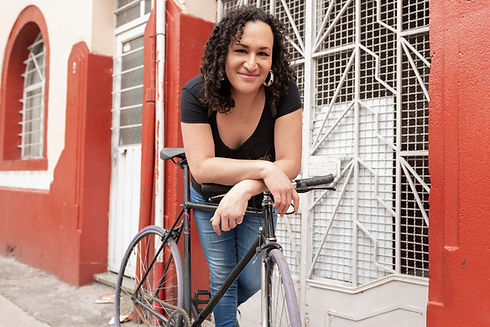
TRANS HEALTH
ABOUT THE PROGRAM
The Trans Health Program supports trans and gender diverse folks ages 17 and up who are residents of Ottawa and the Champlain Region. We work from a gender-affirming and informed consent approach which meets the standards in the Sherbourne Health Guideline for Gender-Affirming Primary Care. Services are offered until capacity is reached.
**We are unable to provide services to Quebec residents or individuals with RAMQ**
The Gender Affirming services we offer include:
-
Surgery referrals - Capacity reached, waitlist paused.
-
Adult Counselling (25+) - Capacity reached, waitlist paused.
-
Gender Journeys (peer support groups) - Capacity reached, waitlist paused.
-
Hormone Starts - Capacity reached, waitlist paused.
-
Youth Counselling (17-25 years) - Capacity reached, waitlist paused.
**Please check back here for updates on paused waitlists.**
**Please note that due to the large amount of referrals we receive, we will try to reach you at the contact information provided in your referral three times. If we have not been able to reach you after the third try, we will assume you are no longer interested in our services.
Please double check the contact information you provided us with and note your preferred method of contact in your referral.**

SERVICES OVERVIEW
Please note that the video were filmed before Covid-19. Since the outbreak of the pandemic, we have adapted our services to social distancing rules.
Our Clinic (English) - Trans Health


Our Clinic (English) - Trans Health

Notre Clinique (Français) - Trans Health

FAQ's - Trans Health Clincic
Community Support Worker:
As a new client, you will first meet with our Community Support Worker (CSW) for an intake appointment. During this appointment, the CSW will get to know you and your transition goals. They will explain the clinic’s services and give you an idea of what your journey with us will be like. The CSW will remain available to you to offer health system navigation or practical assistance related to your care.
Hormone Starts:
Our clinic offers feminizing and masculinizing hormone starts. We tailor this service to your needs and transition goals. Our providers will explain the effects of hormones and work with you as you chose which medication is right for you. The clinic will also connect with your family doctor and give them information they need to continue prescribing hormones once you leave our clinic.
Hormone Starts:
Our clinic offers gender-affirming hormone therapy starts. We tailor this service to your unique needs and transition goals. Our providers will explain the effects of hormone therapy and help you decide if hormones are right for you in your gender journey at this time. The clinic will share information with your primary care provider and give the information they need to continue providing gender-affirming medical care to you once you leave our clinic.
Surgery Referral:
In order to be approved by OHIP for funded gender-affirming surgeries, you will need a surgery assessment from one or two health professionals depending on the surgery. We will ask you about your gender history, your health, and social circumstances. We will then explain to you in detail what the surgery entails and the aftercare process.
Counselling:
The counsellors can assist with gender exploration, managing gender dysphoria, and offer transition support for diverse gender journeys – we tailor our support to your evolving needs. You may want your partner(s) and/or family to join you during appointments. Our counsellors have experience supporting people of various lived gender experiences. They are committed to understanding the unique challenges and needs of these diverse clients.
CCHC also offers same day single sessions through the 2SLGBTQIA+ Wednesday Quick Access Counselling Clinic on Wednesdays from 12pm-8pm.
These appointments can be accessed by calling 613-233-4443 ext. 2190 or lgbt2sqwednesday@centretownchc.org.
Virtual Gender Journeys Support Group:
The Gender Journeys group is ideal for those in the early stages of gender transitions ages 17+. This group is ideal for those who would appreciate a group context in which to learn about and discuss gender, transition options, and well-being. You do not have to be on hormones to participate - it is open for those who are on hormones, pre hormones, or don't want them at all.



















